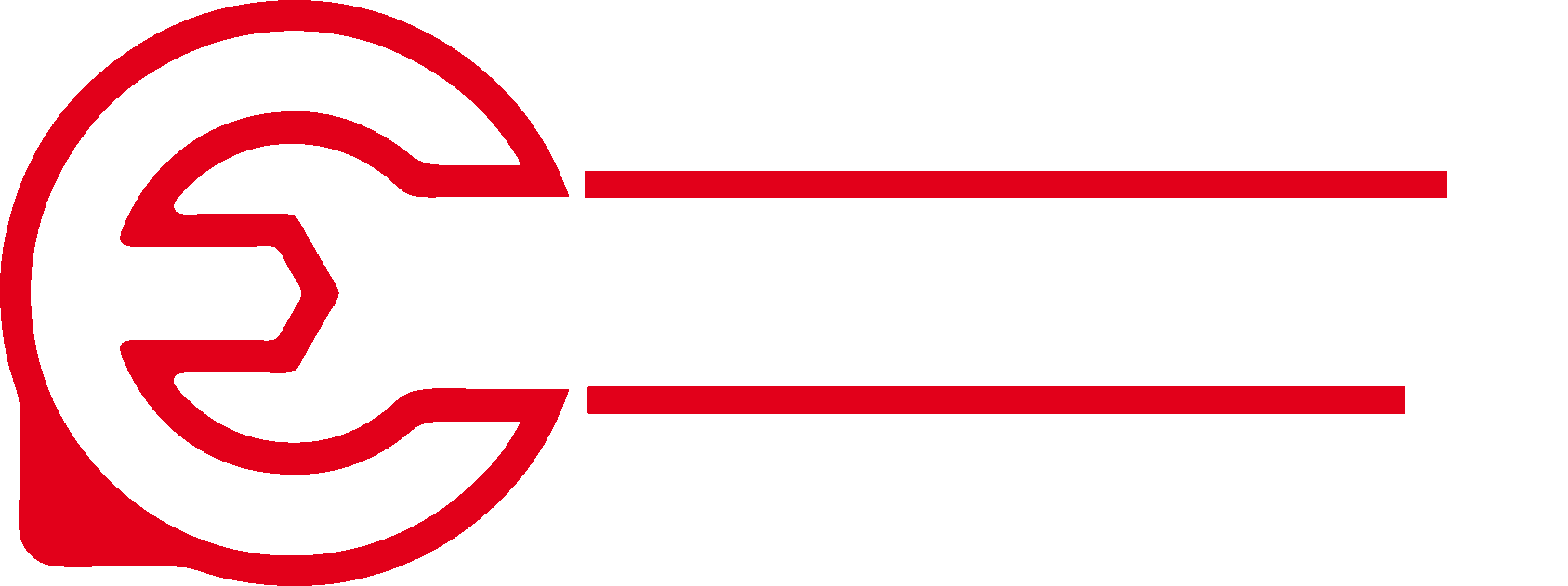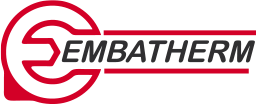Can my jar be sealed ?
Your jar is in plastic, it has wall of minimum 0,8 mm thick, its surface is flat and its corresponding cap does not have any element that enters in the jar neck ? So, yes, it can be sealed. Your jar is in glass ? i metal ? Depending on the application, there are some technical points to check : please, give us a call!
Can we have a try ?
Yes, feel free to send us some empty jars for sealing trials, they will be returned to you sealed for assessment. You can add full jars, the content of which will be poured into the empty jars before sealing, if you want to anticipate the first compatibility tests.
Pros and cons of the conduction vs induction sealing
Capsealing induction :
- The pros :
- No additionnal mechanical movements on the packaging line,
- No contact with packaging.
- The cons :
- The following prerequisites : for an aluminium lid, with very small tear tab, a perfect geometric match between the cap and the jar, a constant and sufficient screwing torque, any sealing control requests to inscrew the cap.
- IHS liners are more expensive than an simple aluminium lid, poor aesthetic, no full color background possible.
Conduction sealing (with direct contact, before screwing the cap)
- The pros :
- Lids cheaper than liners, with lower MOQ, no restriction on the tear tab size, all PET lids possible, top-end aesthetic, many more personnalisation possibilities.
- Easier comprehension of the process : the parameters are displayed, can be easily checked (temperature in particular), direct visual control of the sealing, independant from the caps geometry, from the torque…
- The cons :
- Additional step between filling and capping, for distribution and the sealing of the lids. Investment for high-speed machine more important but cheaper supplies (lids, caps…).
What is heat sealing ?
The sealing or lidding consists in sealing a lid with heat, cut in foil alu-, plastic- or paper-based, equipped with a thermoadhesive layer (lacquer, plastic foil) onto a compatible packaging (plastic, coated glass…).
What is sealing for ?
Sealing is an easy-to-implement technology which provides tighness and tamper evidence for your products. It also brings a additional piece of design.
Which technology for my jar ?
For a cosmetic product or for high-end food, the preferred technology is conduction because it allows the use of lids with true tear tab and with different solutions of personnalization, with low MOQ. If the packaging crushes under pression and if its geometry does allow the use of a puck to hold it during sealing, capsealing induction remains the only solution. The induction is excluded if there is no screwed cap or with a all-plastic lid. For small quantities, it will be cheaper to choose conduction sealing. Besides, it is easier to purchase small quantities of lids than small quantities of lined caps. For very big quantities, where there is no need for aesthetic or ergonomic requirements (mass market food, pharmaceutics, petrochemicals, …), capsealing is a good solution.
Why Embatherm ?
EMBATHERM is a company created in 1985, family-driven since then and specialist in heatsealing. Long experience, high technical level, integration of most of the functions (BE, usinage, thermoforming, printing, …), maximal commitment of the team : we are working everyday for your satisfaction. Expertise, quality and reactivity at the service for your packaging projects.

